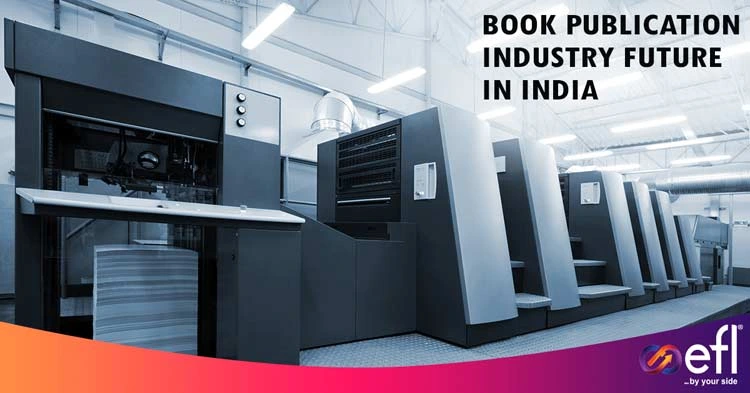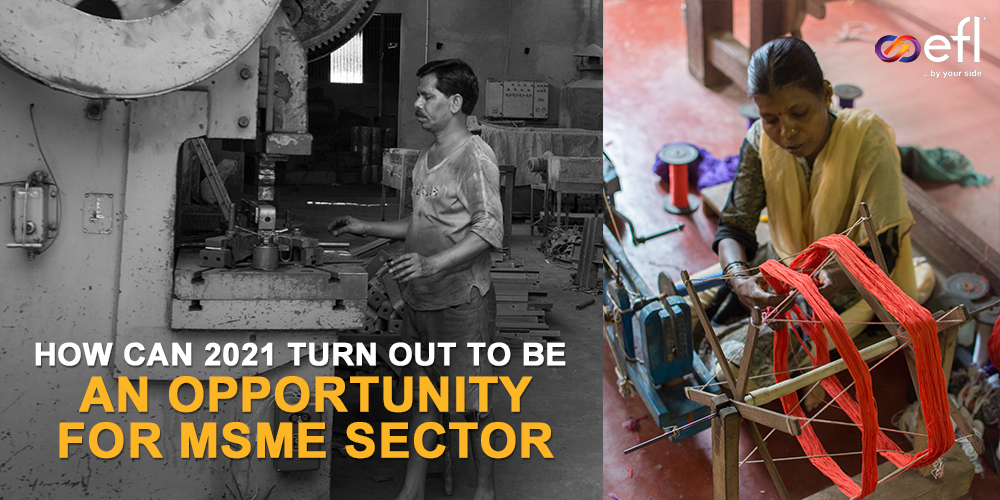Heavy machinery is essential in several industries, including manufacturing, construction, mining, etc. Purchasing heavy equipment outright requires a significant financial commitment, which is often not available to businesses.
MSMEs can resolve this issue through an equipment lease or a heavy equipment financing option, allowing access to the equipment. It is easier to get financing to buy equipment compared to getting other business loans.
This article discusses the definition of machinery loans for MSMEs, their importance, potential beneficiaries, and ways to quality for one.
Heavy machinery is essential in several industries, including manufacturing, construction, mining, etc. Purchasing heavy equipment outright requires a significant financial commitment, which is often not available to businesses.
MSMEs can resolve this issue through an equipment lease or a heavy equipment financing option, allowing access to the equipment. It is easier to get financing to buy equipment compared to getting other business loans.
This article discusses the definition of machinery loans for MSMEs, their importance, potential beneficiaries, and ways to quality for one.
What is a Heavy Equipment Loan for MSME?
MSMEs in manufacturing and construction often lack the funds necessary to purchase the equipment you need. This is where a machinery loan comes as a powerful financial option to meet a business’s needs. It is a form of small business loan that you can use to purchase this equipment like:
- Packaging machines
- Construction equipment
- Electronics and appliances
- Medical devices
- IT and office supplies
- Vehicles and allied industries’ equipment
- Printing equipment
- Food processing machines
Other than the applications mentioned above, businesses can get a loan for several other types of heavy equipment depending on the nature of their work and requirements.
Importance of Heavy Equipment Financing
Other than easy access to funds to purchase new equipment, here are several other benefits of financing for businesses:
Maintain Cash Flow
Through financing, you can spread the cost of acquisition over time to ease the burden on cashflows. This helps maintain liquidity and allocate funds to other areas such as operations, marketing, or branding for growth.
Maintain the Capacity to Raise Debt
Financing for heavy equipment and timely repayments maintain your debt-raising capacity for other projects, such as business expansion or working capital.
Higher Productivity
By upgrading older machinery with new technology, you increase productivity, which directly impacts profitability. It introduces cost savings, competitiveness, and higher output.
Surplus Cash Reserves
Heavy equipment financing allows businesses to conserve their cash reserves for contingencies.
Safety from Obsolescence and Inflation
Businesses can request banks to disburse loans in phases to spread their investment in heavy equipment over a longer time to prevent the risk of obsolescence and deal with inflation.
Prevent Ownership Dilution
Seeking investments to purchase essential machinery hands out a stake in the business to the investor. Owners can avoid such a situation with heavy equipment financing. Owners can retain complete control of the company as they grow.
Finance Used Equipment and Machinery
Businesses can leverage business equipment loans to buy used machines and equipment, thereby lowering the investment while fulfilling their needs.
Tax Depreciation Benefits and Competitive Interest Rates
In certain circumstances, businesses can claim depreciation deductions on the financed equipment to offset the cost and reduce overall tax liability. However, it is essential to consult a tax expert for the benefits due to depreciation and interest rates.
Who Uses a Loan to Finance Heavy Equipment?
Heavy equipment loans are available for businesses in all sectors, including:
- Builders: Builders can procure heavy machinery such as bulldozers, excavators, or backhoes for residential and commercial construction businesses.
- Automotive industry: Automotive businesses can procure diagnostic tools, welding equipment, and speciality auto parts that are expensive to buy upfront.
- Shipping firms: Businesses can expand the fleet of trucks, cranes, forklifts, and packaging machines to support a growing business.
- Farming businesses: Farming enterprises can purchase equipment for irrigation systems, ploughs, tractors, etc., to maximise productivity and efficiency in agricultural operations.
- Manufacturers: Manufacturers can procure expensive heavy machines such as packaging machines, moulding and welding machines, conveyor belts, etc.
- Medical industry: Hospitals and doctors with their clinics can purchase examination tables and machines to expand the growing demand from patients.
- IT businesses: One can use equipment loans to finance servers, PCs, network equipment, and other appliances in the facility.
How to Qualify for Heavy Equipment Financing?
As an MSME, you need the following set of documents to apply for equipment financing. Your loan approval depends on the bank’s verification approval:
Credit score: The credit score (CIBIL score) is a benchmark to show your lending history, including bad credit, if any. You require a credit score of 700 and at least one owner premises to get favourable loan terms. This could include lower collateral, lower interest rates, higher loan amounts, and better repayment terms.
Note that a poor credit score can attract higher interest rates, and the lender may demand higher collateral.
- Debt-to-utilisation ratio: This is the ratio of outstanding debt to credit available. A lower debt-to-utilisation ratio benefits your equipment loan application.
- Equipment value: The value of the piece of equipment (new or old) and your repayment capacity decide the terms of the heavy machinery loan.
- Financial health: This includes profit and loss statements, balance sheets, and overall stability of the business.
- Operational history: Businesses with an extended operational history have better chances of qualifying for an equipment loan.
If you are looking for an MSME business loan, operations expansion, a heavy equipment loan is the right choice for you with its flexible interest rate, longer tenures, and easy access. It ensures smooth and efficient business operations and continuity of service.
—
FAQs
What does an equipment loan mean?
Equipment or heavy machinery loan helps you acquire new machines and equipment and upgrade existing ones without a sizeable out-of-pocket investment.
How much is a down payment on an equipment loan?
Down payment depends on financial stability, credit score, and robust bank statements. If you have a solid financial profile, the bank may ask for as little as 10 – 20% of the down payment and disburse up to 80% loan.




